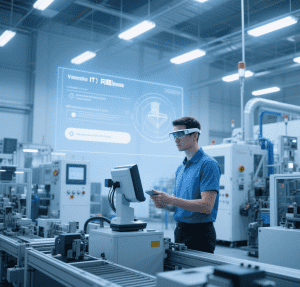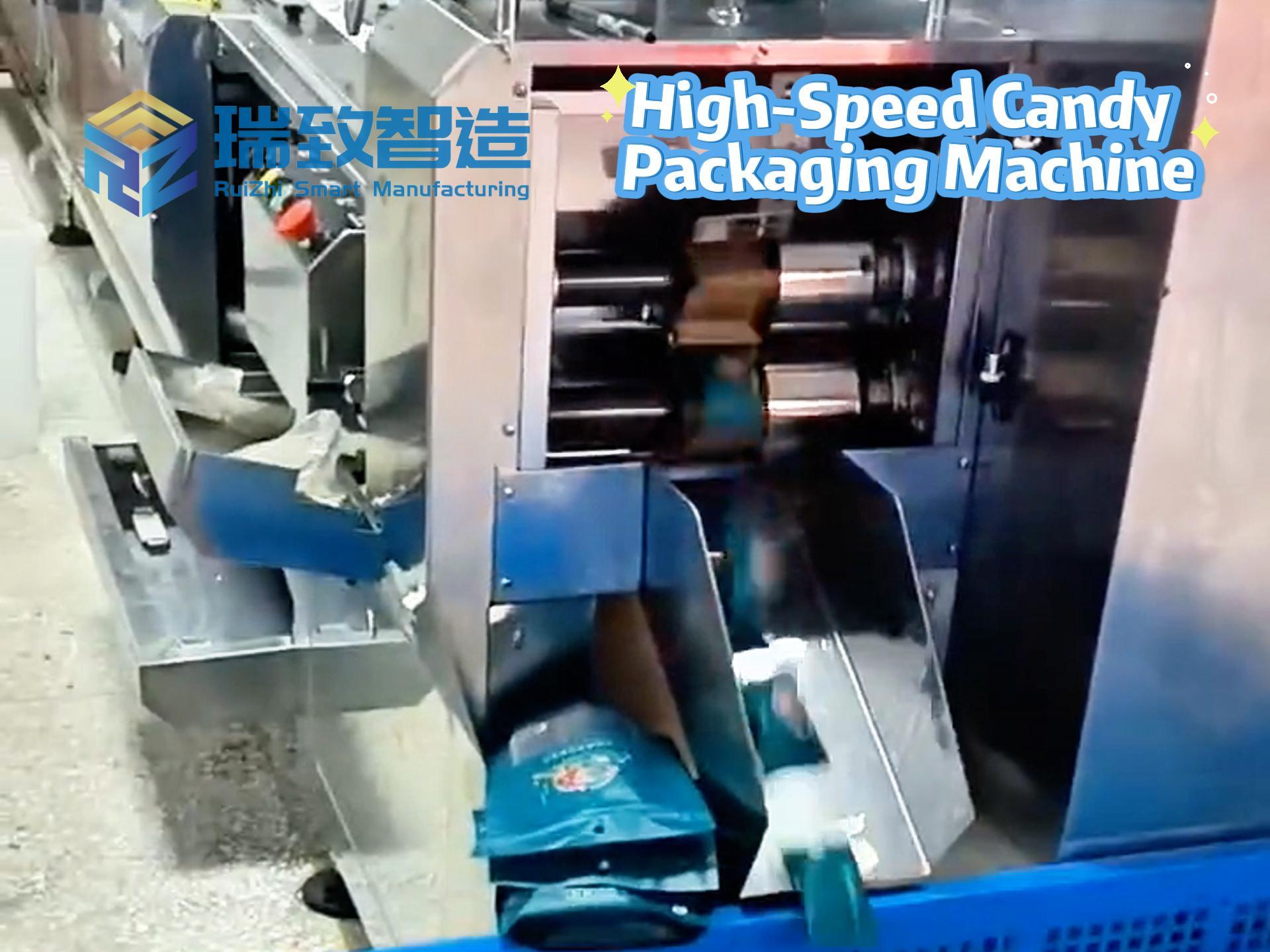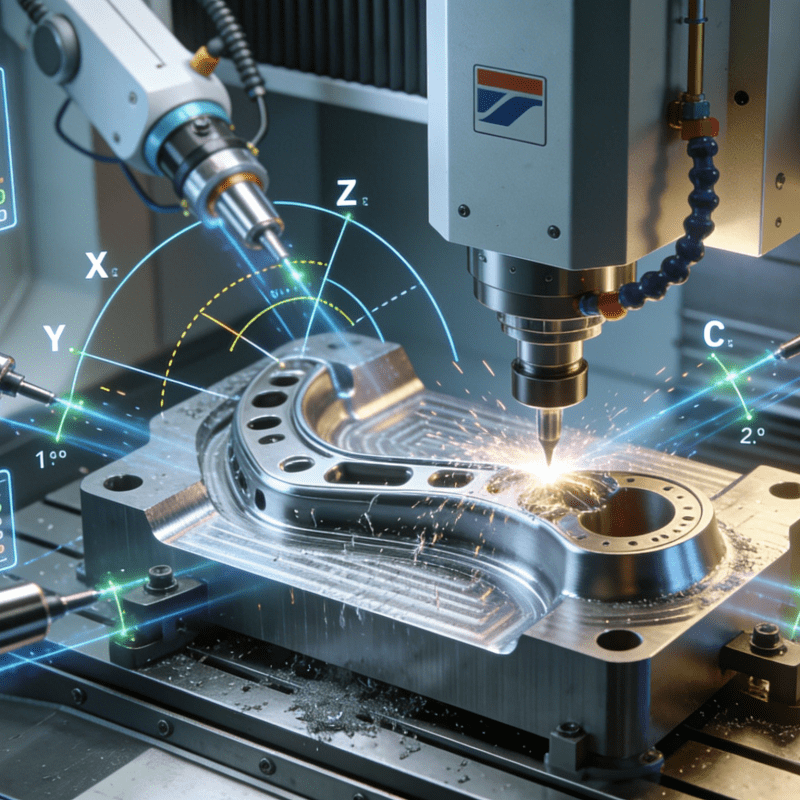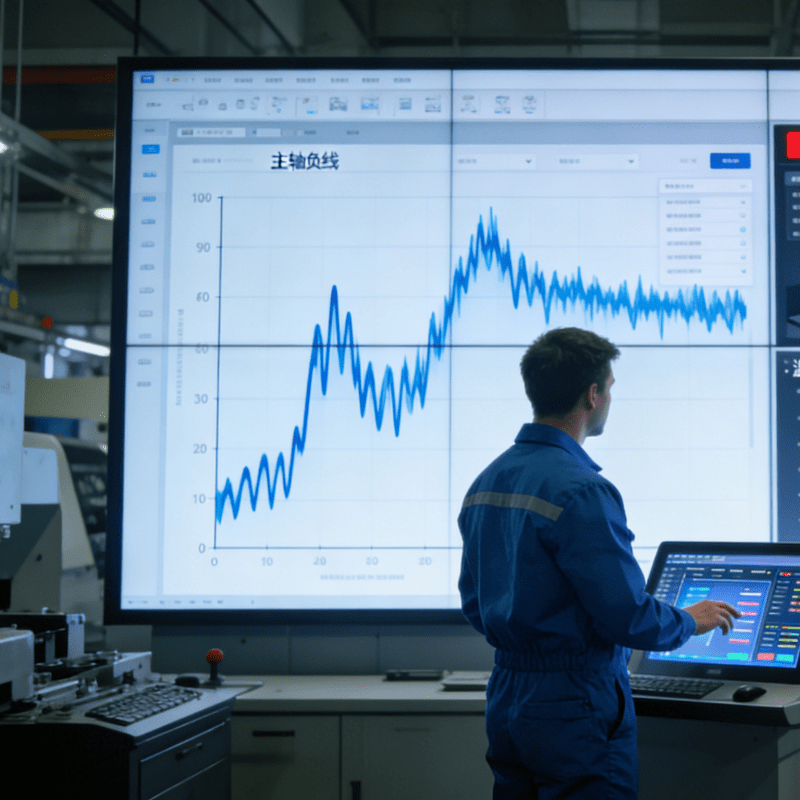Table of Contents
ToggleFrom Help Desk to AI-Driven Harmony: Redefining IT Support in the Age of Intelligent and Industrial Automation

The fusion of intelligent automation and industrial automation is reshaping industries, and nowhere is this more evident than in the transformation of IT support. Once confined to reactive ticket queues, the IT help desk is undergoing a radical evolution, driven by AI and automation. While intelligent systems now handle routine tasks from password resets to predictive maintenance in industrial settings, the human touch remains indispensable for delivering empathetic, context-driven solutions. This article explores how the hybrid model of AI and human expertise is redefining IT support, especially as industrial automation systems increasingly rely on seamless digital assistance.
AI’s Dual Role: Streamlining Support in Enterprise and Industrial Landscapes
AI thrives in repetitive, rules-based environments, making it a cornerstone of modern IT support—both in traditional enterprises and industrial automation ecosystems. In industrial settings, AI-powered tools now monitor machinery for anomalies, predict maintenance needs, and even triage basic system failures in real time, minimizing downtime in factories and production lines. Meanwhile, in corporate help desks, AI excels at automating password resets, ticket categorization, and knowledge base lookups, reducing resolution times for common issues by up to 60%, according to the Q1 2025 IT Trends Report by JumpCloud.
Yet, this efficiency comes with a caveat: while AI handles structured tasks, it lacks the nuance required for complex, sensitive, or uniquely human challenges. For example, an industrial automation system might rely on AI to flag a sensor malfunction, but resolving the root cause—especially in a safety-critical environment—often requires human engineers to interpret context, prioritize risks, and collaborate across teams. Similarly, in enterprise settings, users still expect human agents to address emotional needs, such as navigating a security breach or explaining policy changes.
The Hybrid Model: Balancing Automation and Human Expertise
The future of IT support—across both enterprise and industrial sectors—lies in a hybrid model that blends AI’s scalability with human ingenuity. Here’s how it works:
- AI as First Responder:
- In industrial automation, AI-driven chatbots or IoT sensors detect early signs of equipment failure, logging tickets and even initiating self-healing protocols where possible.
- In help desks, AI triages tickets based on urgency (e.g., a factory line shutdown vs. a routine software glitch), using natural language processing (NLP) to categorize issues and route them to the most appropriate solution path.
- Human Agents as Problem Solvers:
- For escalated issues—such as a cascading failure in an industrial control system or a multifaceted cybersecurity threat—human agents take over. Their expertise in critical thinking, empathy, and cross-functional collaboration ensures that complex problems are resolved safely and comprehensively.
- In enterprise contexts, human agents handle sensitive matters like data privacy incidents or personalized training requests, where understanding user context is key to building trust.
This model not only enhances operational efficiency but also improves user experience. A manufacturing plant relying on AI for routine maintenance can achieve 95% uptime, while human engineers focus on optimizing production workflows—a win for industrial automation goals. Meanwhile, employees appreciate the speed of AI for simple tasks and the reassurance of human support for high-stakes issues.
Measuring Success: Beyond Automation Rates
To evaluate the effectiveness of this hybrid approach, IT leaders must adopt metrics that reflect both efficiency and human-centric outcomes:
- Industrial-Specific Metrics:
- Downtime reduction in automated production lines
- Accuracy of AI-driven predictive maintenance alerts
- Human intervention time for critical failures
- Enterprise Help Desk Metrics:
- First-contact resolution rate (AI vs. human)
- Escalation rates for complex tickets
- Employee satisfaction scores for both automated and human-assisted interactions
- Cost savings from reduced manual workload in repetitive tasks
These metrics help identify where AI excels (e.g., 24/7 monitoring in industrial settings) and where human expertise remains irreplaceable (e.g., crisis management in both sectors).
Empowering IT Teams in the Age of Automation
As intelligent and industrial automation become mainstream, IT leaders must address the human impact of these changes. Fear of job displacement is real—37% of IT admins worry AI could replace them, per JumpCloud’s report—but reskilling and clear communication can transform anxiety into opportunity.
- Upskilling for New Roles:
- Train support staff to manage AI operations (e.g., fine-tuning chatbot responses, analyzing automation workflows).
- Encourage specialization in areas where human expertise is critical, such as cybersecurity strategy for industrial control systems or user experience design for enterprise AI tools.
- Shifting Mindset:
- Highlight how AI frees teams from repetitive tasks, allowing them to focus on strategic initiatives like optimizing industrial automation workflows or designing proactive support strategies.
- Foster a culture where AI is seen as a collaborator, not a competitor—one that enhances productivity rather than replaces human judgment.
Conclusion: Crafting a Harmonious Future for IT Support
The integration of intelligent and industrial automation is not a zero-sum game for IT support; it’s a paradigm shift toward smarter, more balanced solutions. In industrial settings, AI ensures machinery runs efficiently, while human engineers innovate for the next generation of automation. In enterprises, AI delivers instant support for routine issues, while agents provide the empathy and expertise that technology alone cannot replicate.
As we move forward, the key to success lies in embracing a hybrid philosophy: leveraging AI for scale and speed, while honoring the unique value of human insight, creativity, and compassion. For organizations, this means investing in both cutting-edge automation tools and the people who will refine, oversee, and elevate them. In the age of intelligent and industrial automation, the most effective IT support teams will be those that achieve harmony between the precision of machines and the wisdom of humans—a balance that ensures resilience, innovation, and trust in an increasingly automated world.




















